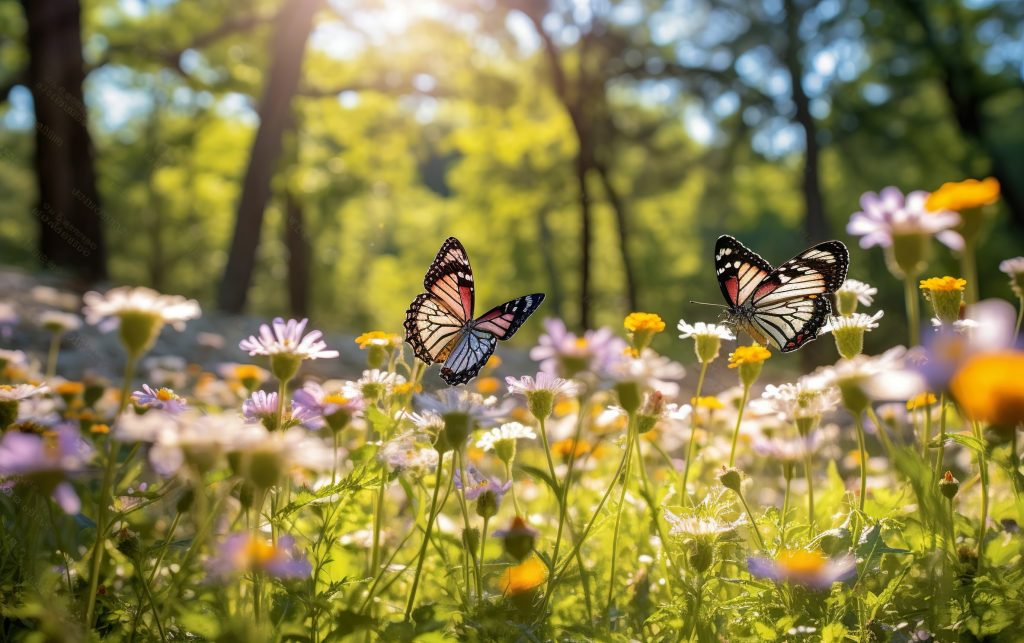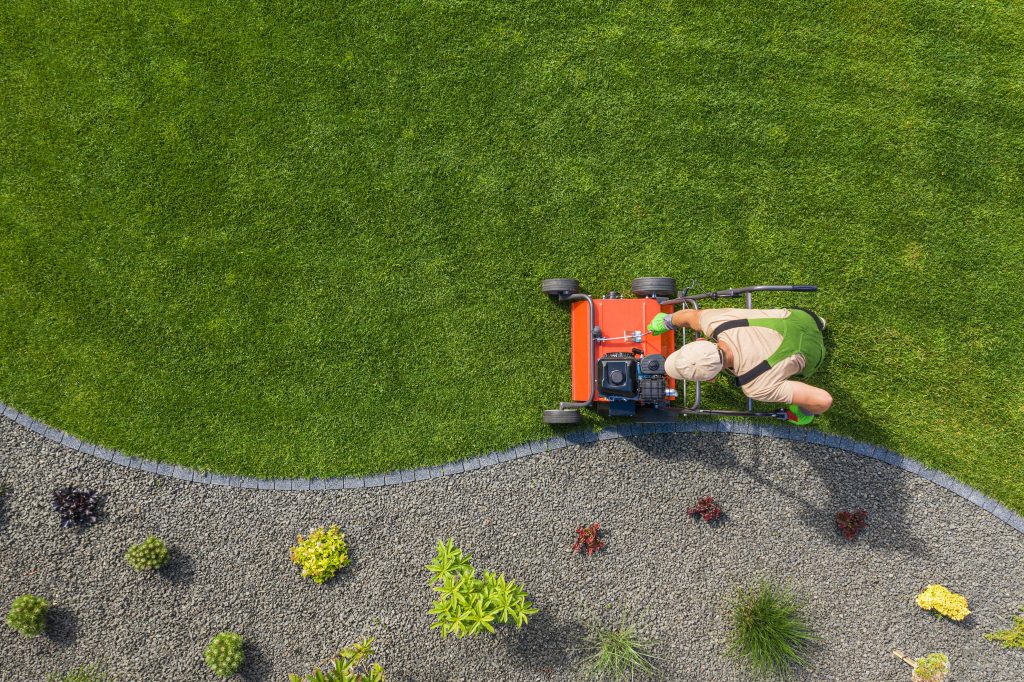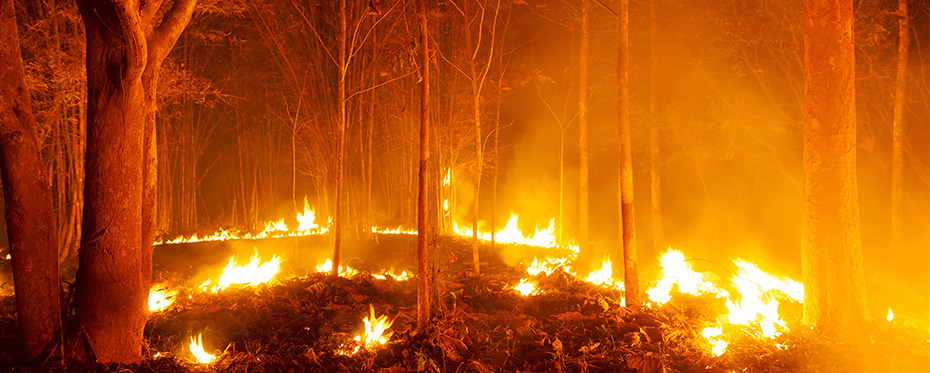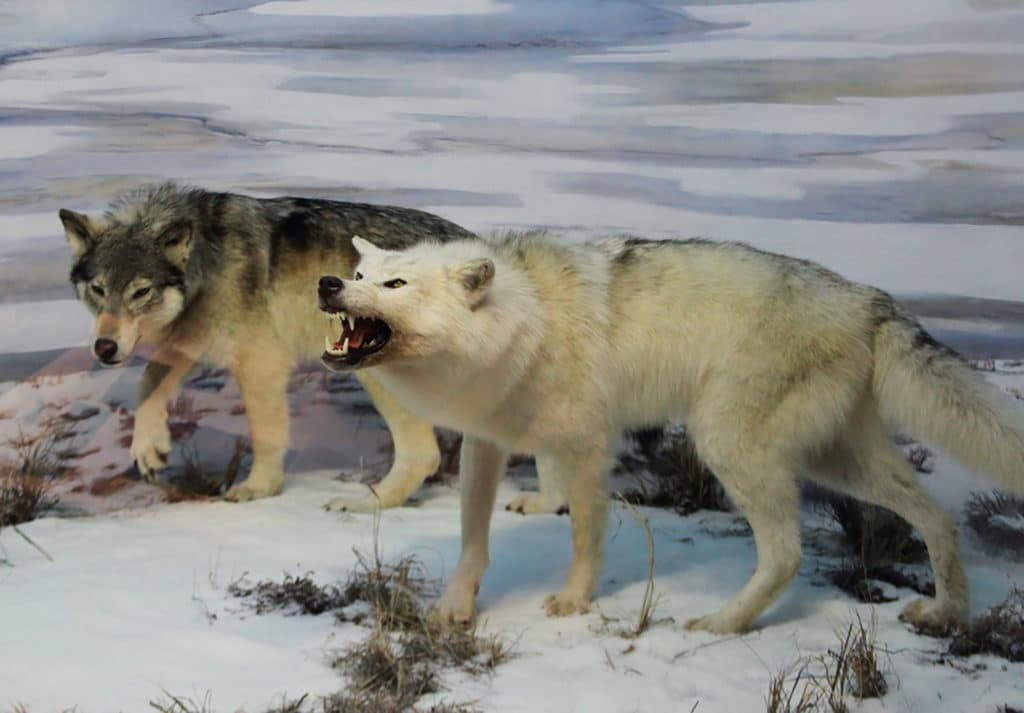Tag: ecology
Ecology in our cities: Why urban biodiversity matters

In the UK, conservation charity Plantlife runs an annual campaign to raise awareness of the detrimental effects of excessive lawnmowing. A perfectly manicured lawn may have once been something to be proud of, but keeping grasses cut down is deleterious to the environment. This year, the ‘No Mow May’ campaign reached even more people than in previous years, and helped […]
Read More… from Ecology in our cities: Why urban biodiversity matters
Ecology in our cities: Why urban biodiversity matters

In the UK, conservation charity Plantlife runs an annual campaign to raise awareness of the detrimental effects of excessive lawnmowing. A perfectly manicured lawn may have once been something to be proud of, but keeping grasses cut down is deleterious to the environment. This year, the ‘No Mow May’ campaign reached even more people than in previous years, and helped […]
Read More… from Ecology in our cities: Why urban biodiversity matters
A transdisciplinary approach to restoring London’s river Thames

Despite being one of the world’s most iconic rivers, the Thames faces many ecological challenges, and its health has deteriorated severely over recent decades. Martin Richardson from Royal Holloway, University of London, believes that an additional problem is the singular focus of existing research into those challenges. He also believes that a better, more sustainable Thames is possible. In a […]
Read More… from A transdisciplinary approach to restoring London’s river Thames
Closing the loop: Upcycling plastic waste for carbon capture

Two of the most important environmental concerns of our times are CO2 emissions and plastic pollution. Dr Xiangzhou Yuan, Research Professor at the Department of Chemical and Biological Engineering at Korea University (Seoul), and Dr Shuai Deng, Associate Professor of Mechanical Engineering at the School of Tianjin University (China), propose an approach that uses one problem to solve the other. […]
Read More… from Closing the loop: Upcycling plastic waste for carbon capture
Strains of honeybee viruses provide intelligence in the battle against global bee extinction

The large-scale death of bees could culminate in an ecological and agricultural disaster. This may present as significantly reduced wild and domestic flora, as well as drastically reduced availability of various fruits, vegetables and nuts. There are several pressures on the global bee population, e.g., use of pesticides, destruction of habitat and infection with pathogen-carrying mites. Professor Ivan Toplak, an […]
Engineering nature: Innovative streambed restoration in Seattle

River degradation is a widespread consequence of human development. In Seattle, Paul Bakke, founder of The Science of Rivers, along with a leading channel-design engineer and an aquatic ecologist, have implemented an innovative urban stream restoration project. A traditional stream restoration approach was transformed by adding an engineered streambed designed to restore and enhance the hyporheic zone. The project has […]
Read More… from Engineering nature: Innovative streambed restoration in Seattle
How natural disturbances sustain diversity

While natural disturbances like fires and floods can pose a risk to human life, in some places these events can help to support a diverse ecosystem. Forest fires, for example, allow species like oak to thrive and support a rich insect population, which in turn feeds many different birds. Dr Mike Eichholz of Southern Illinois University Carbondale studies the influence […]
Extinct giants, a new wolf and the key to understanding climate change

After its last excavation in the 1970s, a group of palaeontologists, genetics experts and cavers led by vertebrate palaeontologist and mammalian carnivore specialist Dr Julie Meachen of Des Moines University, have re-opened excavations at Natural Trap Cave (NTC) in North America. During this project, Dr Meachen hopes to uncover the secrets of the mass extinction of the last ice age […]
Read More… from Extinct giants, a new wolf and the key to understanding climate change